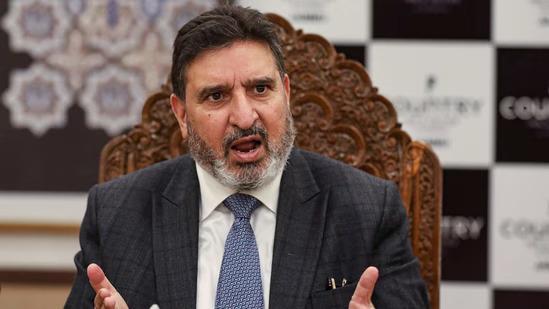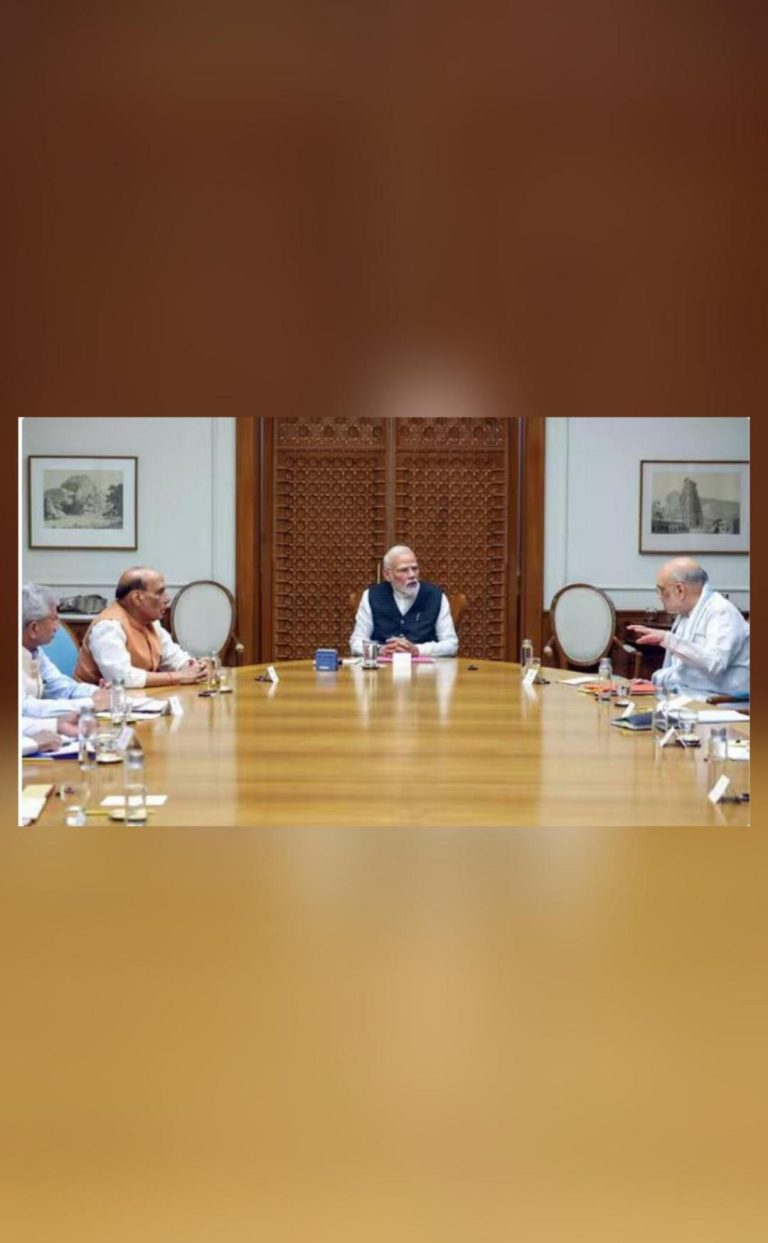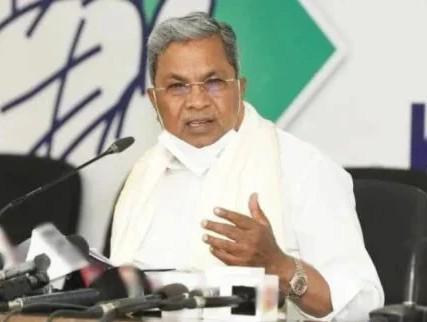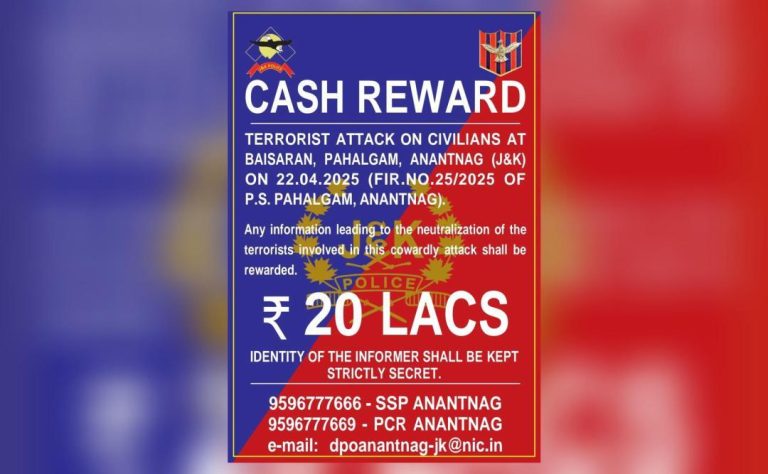
Enemies of Peace Won’t Be Happy to See Peace in J&K: Altaf Bukhari
The recent terrorist attack in Pahalgam, Jammu and Kashmir, has sent shockwaves across the country. On Wednesday, at least 26 people were killed in the brutal attack, leaving families shattered and communities in grief. As the region grapples with the aftermath of this senseless violence, Altaf Bukhari, the President of Apni Party in Jammu and Kashmir, has condemned the attack in the strongest possible terms.
In a statement, Bukhari said, “Those who are enemies of peace will never be happy to see peace in Jammu and Kashmir. This is a murder of humanity, and such attacks will only lead to further suffering and bloodshed.” His words are a poignant reminder that the pursuit of peace is a continuous struggle, and that those who seek to destroy it will stop at nothing to achieve their sinister goals.
The attack in Pahalgam is the latest in a long series of brutal terrorist strikes that have plagued Jammu and Kashmir for years. The region has been a hotbed of violence and insurgency, with various extremist groups seeking to disrupt the fragile peace and stability that has been established. The situation is complex, with political, social, and economic factors all playing a role in the ongoing conflict.
Despite the challenges, Bukhari’s message of peace and reconciliation is a beacon of hope in a region torn apart by violence and hatred. He is right that those who are enemies of peace will never be happy to see harmony and tranquility in Jammu and Kashmir. Their goal is to spread fear, chaos, and destruction, and to create an environment of instability and uncertainty.
But Bukhari’s words also serve as a reminder that the pursuit of peace is a collective responsibility. It requires the efforts of governments, civil society, and individuals to work together to create an environment that is conducive to peace and stability. It requires the strengthening of institutions, the promotion of dialogue and reconciliation, and the protection of human rights and dignity.
The attack in Pahalgam is a stark reminder of the human cost of conflict. The 26 people who lost their lives in the attack were innocent civilians, going about their daily lives and living in peace. They were students, workers, and families, all seeking to build a better future for themselves and their loved ones. Their deaths are a tragedy, and they serve as a poignant reminder of the devastating consequences of violence and terrorism.
Bukhari’s message of peace and reconciliation is also a reminder that the pursuit of peace is not just a moral imperative, but also a practical necessity. Peace is essential for economic development, social progress, and human well-being. It is essential for creating an environment that is conducive to investment, innovation, and growth. It is essential for building bridges between communities, and for promoting understanding, tolerance, and cooperation.
In the aftermath of the attack in Pahalgam, it is essential that we come together to condemn this senseless violence and to reaffirm our commitment to peace and reconciliation. It is essential that we work together to promote dialogue and understanding, and to create an environment that is conducive to peace and stability. It is essential that we learn from this tragedy, and that we work to prevent such attacks from happening again in the future.
As Bukhari said, “Lessons need to be learned from such attacks.” The attack in Pahalgam is a wake-up call, a reminder that the pursuit of peace is a continuous struggle, and that we must be vigilant and proactive in our efforts to promote peace and stability. It is a reminder that we must work together to build a better future, and that we must never give up in our pursuit of peace and reconciliation.
In conclusion, the attack in Pahalgam is a tragic reminder of the devastating consequences of violence and terrorism. It is a stark reminder of the human cost of conflict, and of the importance of promoting peace and reconciliation. Altaf Bukhari’s message of peace and reconciliation is a beacon of hope in a region torn apart by violence and hatred. It serves as a reminder that the pursuit of peace is a collective responsibility, and that we must work together to build a better future for all.



